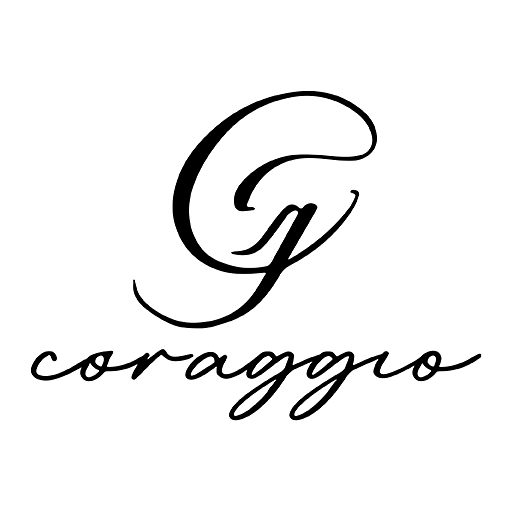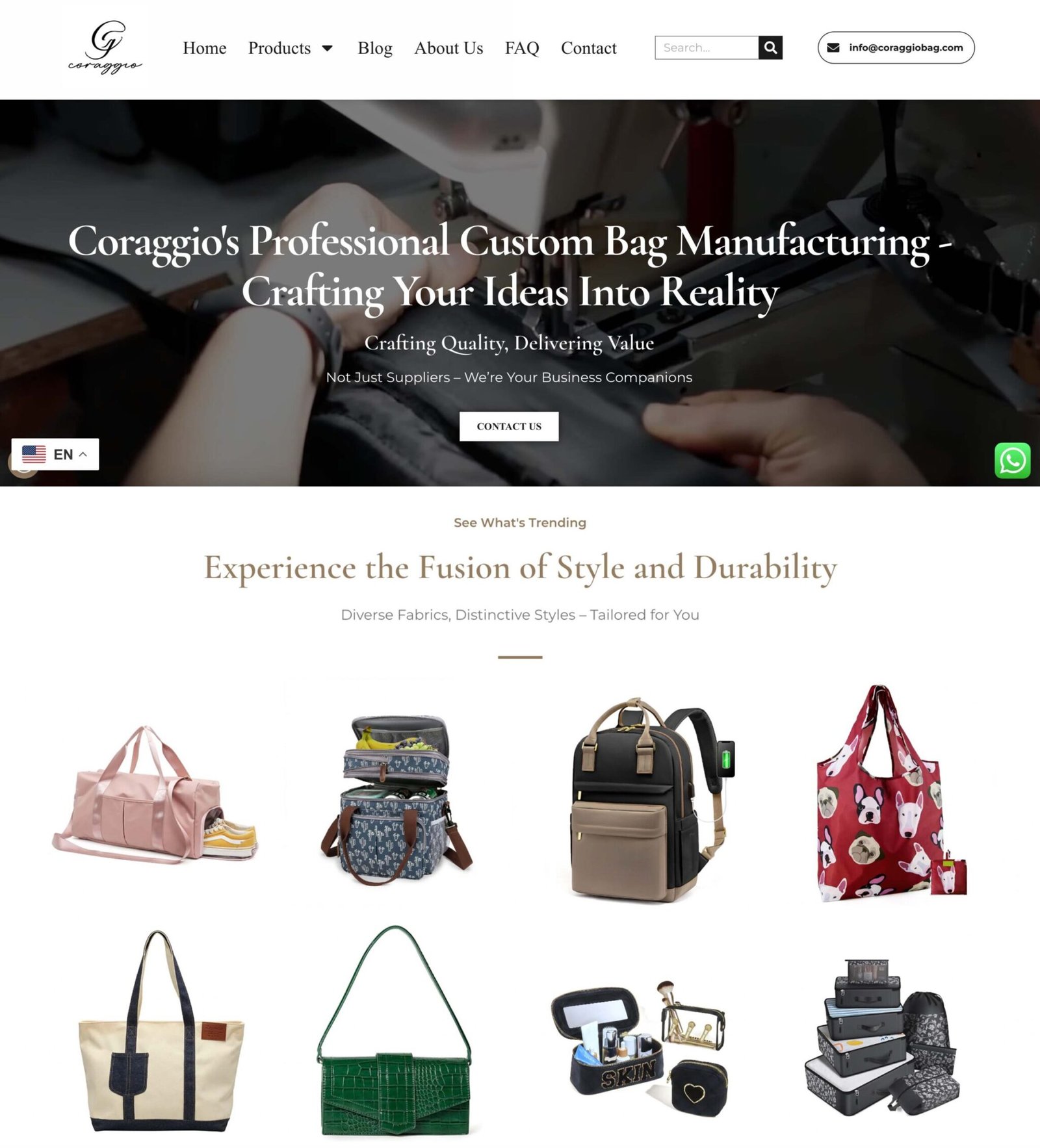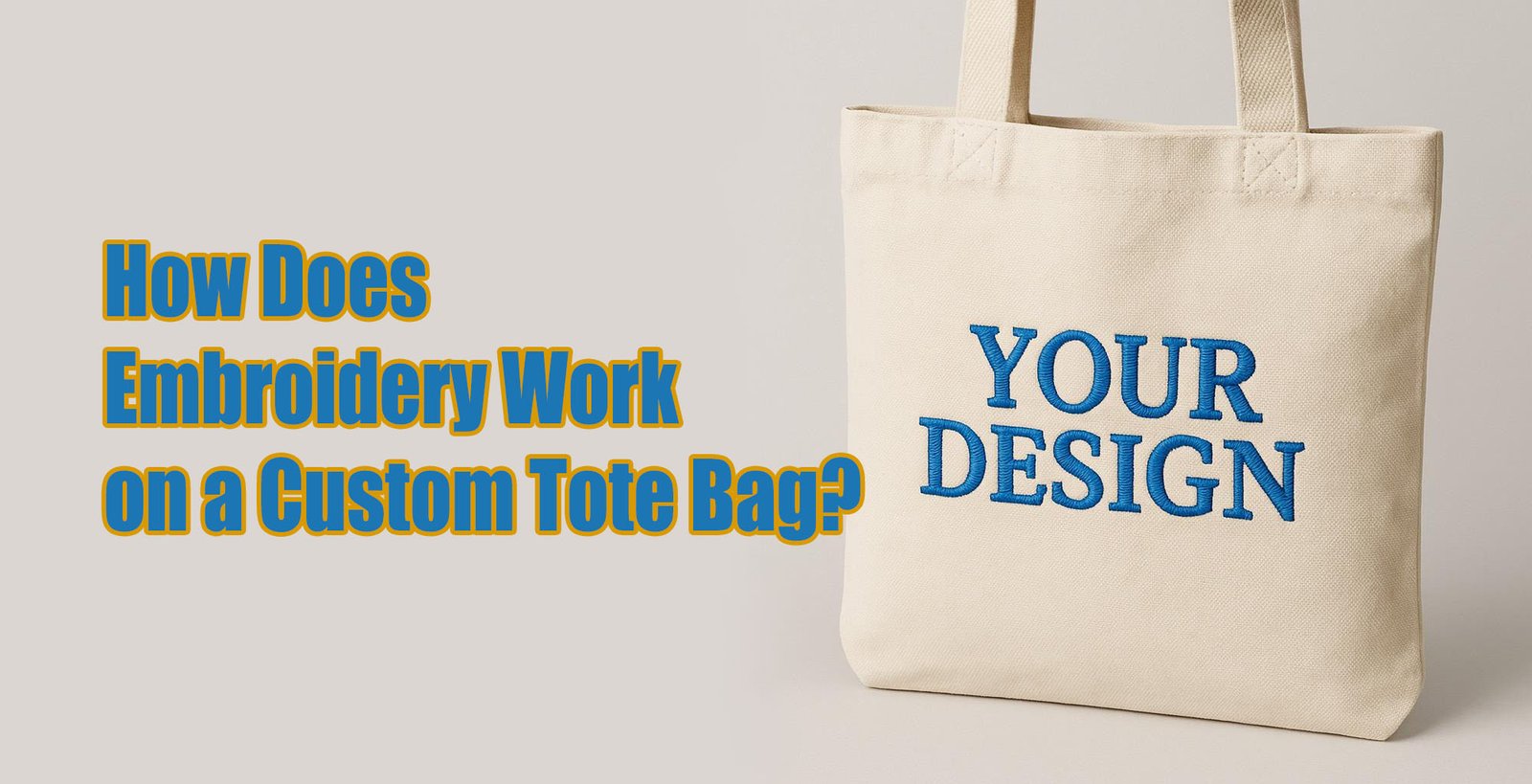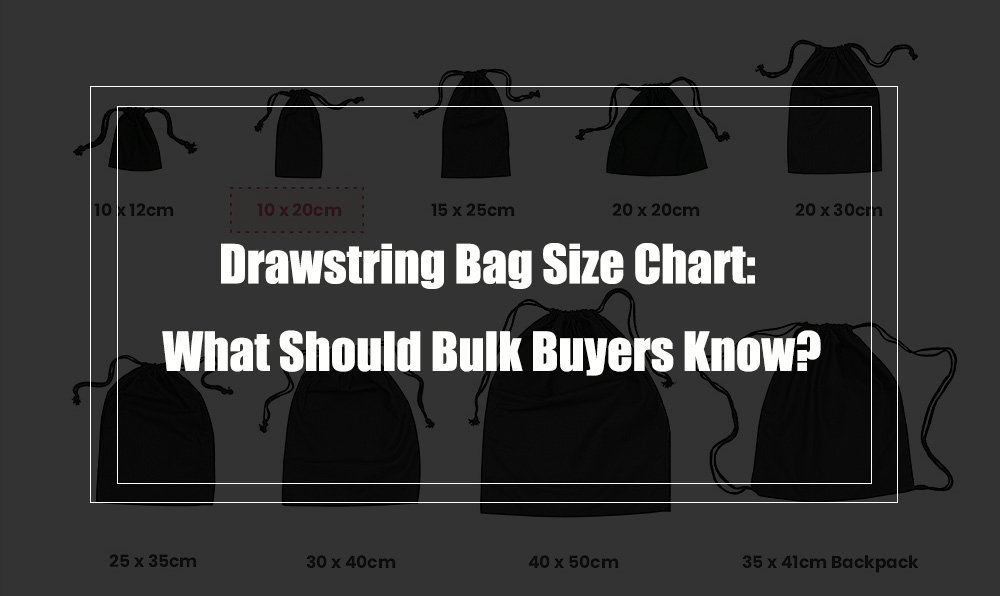Hey there! If you’re looking to source bags from China, you probably ask yourself: Should I choose a manufacturer or a trader? This significant decision can impact costs, quality, and supply chain efficiency. Don’t worry; I’m here to walk you through the pros and cons of each option so you can make the best choice for your business.
When I started sourcing products from China, I was overwhelmed by the sheer number of options. Should I go directly to the manufacturers or work with traders who could offer various products? It wasn’t an easy decision, but after much trial and error, I’ve learned something that might help you.
Snippet Answer Paragraph:
Choosing between a manufacturer and a trader when sourcing bags from China boils down to your specific needs. Manufacturers offer direct production and potentially lower costs but usually require higher order volumes. On the other hand, traders provide various products with more flexibility in order sizes and more accessible communication. However, they might come with higher prices.
So, let’s break it down a bit further and see which option might be best for you.
What is the Difference Between a Manufacturer and a Trading Company?
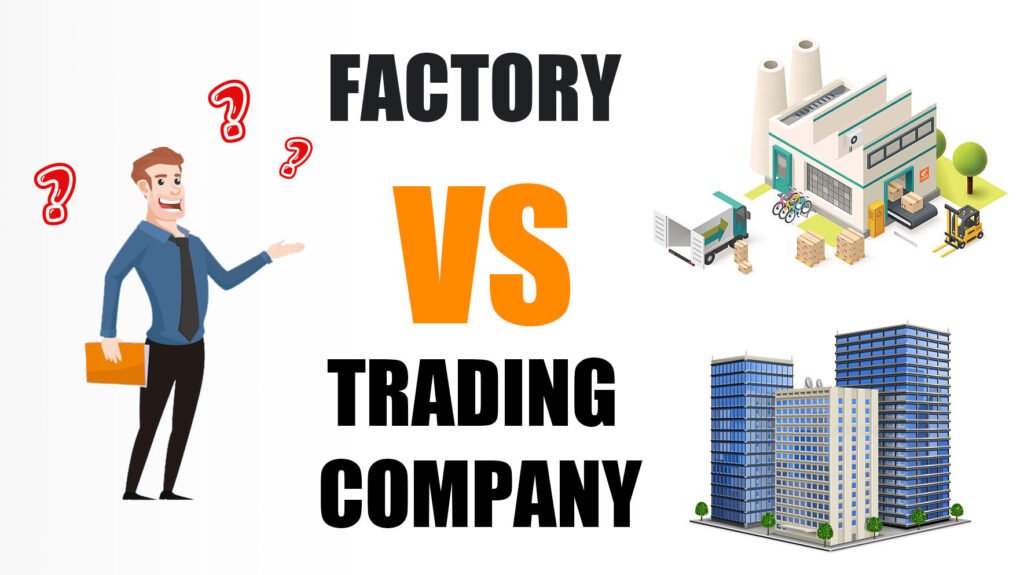
Alright, let’s get into the nitty-gritty. A manufacturer is a company that produces goods directly. Factories, machinery, and workers create the products from scratch. This means you’re dealing directly with the source, which can lower costs and give you more control over the production process. However, they typically require larger minimum order quantities (MOQs) and might not offer as much product variety.
A trading company, on the other hand, acts as a middleman. They source products from various manufacturers and sell them to you. This can be beneficial if you need smaller quantities or multiple products, as traders can bundle different items from different manufacturers. Communication is often easier with traders since they’re used to dealing with international clients. However, you might end up paying a bit more for this convenience.
What are the Advantages and Disadvantages of Manufacturers and Traders?

When sourcing bags from China, understanding the advantages and disadvantages of working with manufacturers versus traders is crucial. Each option has benefits and potential drawbacks, and your choice will depend on your business needs and priorities.
Advantages of Working with Manufacturers
1.Cost Efficiency:
- Lower Unit Costs: By eliminating the middleman, manufacturers can offer lower prices per unit, especially for bulk orders.
- Direct Pricing: You pay for the production costs directly, without additional markups from intermediaries.
2.Customization Options:
- Tailored Products: Manufacturers can produce custom designs and specifications, allowing you to create unique products that meet your requirements.
- Quality Control: Direct oversight of the production process ensures better control over product quality.
3.Better Communication:
- Direct Interaction: You communicate directly with the source, which can lead to more accurate and timely information regarding production schedules, materials, and any potential issues.
4.Stronger Relationships:
- Long-term Partnerships: Building a direct relationship with a manufacturer can lead to long-term partnerships, which can be beneficial for negotiating better terms and ensuring consistent quality.
Disadvantages of Working with Manufacturers
1.Higher Minimum Order Quantities (MOQs):
- Large Orders Required: Manufacturers often require higher MOQs, which can be a significant investment, especially for small businesses or new product lines.
2.Longer Lead Times:
- Production Time: Manufacturing processes can take longer, especially if the factory has a backlog of orders. This requires careful planning and forecasting of your inventory needs.
3.Complex Logistics
- Shipping and Customs: Handling shipping, customs, and other logistical details can be more complex and time-consuming when dealing directly with manufacturers.
4.Language and Cultural Barriers:
- Communication Challenges: There can be language barriers and cultural differences that may complicate communication and understanding.
Advantages of Working with Traders
1.Lower Minimum Order Quantities (MOQs):
- Flexibility: Traders often offer lower MOQs, making it easier for businesses to order smaller quantities and test new products without significant financial risk.
Product Variety:
- Diverse Offerings: Traders source from multiple manufacturers, providing a more comprehensive range of products and options. This is ideal for businesses that need a variety of products.
Simplified Logistics:
- Handling Details: Traders often take care of logistics, including shipping and customs, simplifying the process for you. This can save time and reduce the hassle of dealing with international shipping.
Ease of Communication:
- Customer Service: Many traders are experienced in dealing with international clients and provide better customer service and support, often in English.
Disadvantages of Working with Traders
1.Higher Costs:
- Added Markup: Traders add their profit margin to the manufacturer’s price, making the final cost per unit higher than buying directly from the manufacturer.
2.Limited Customization:
- Less Control: Traders may offer limited customization options compared to working directly with manufacturers. Custom orders may take longer and be more complicated.
3.Potential for Lower Quality:
- Quality Concerns: Since traders source from multiple manufacturers, there can be inconsistencies in product quality. Ensuring consistent quality can be more challenging.
4.Reliance on Middleman:
- Indirect Communication: Communication is filtered through the trader, which can lead to delays or misunderstandings. You’re not directly in touch with the production source.
How Do I Find a Reliable Bag Supplier in China?
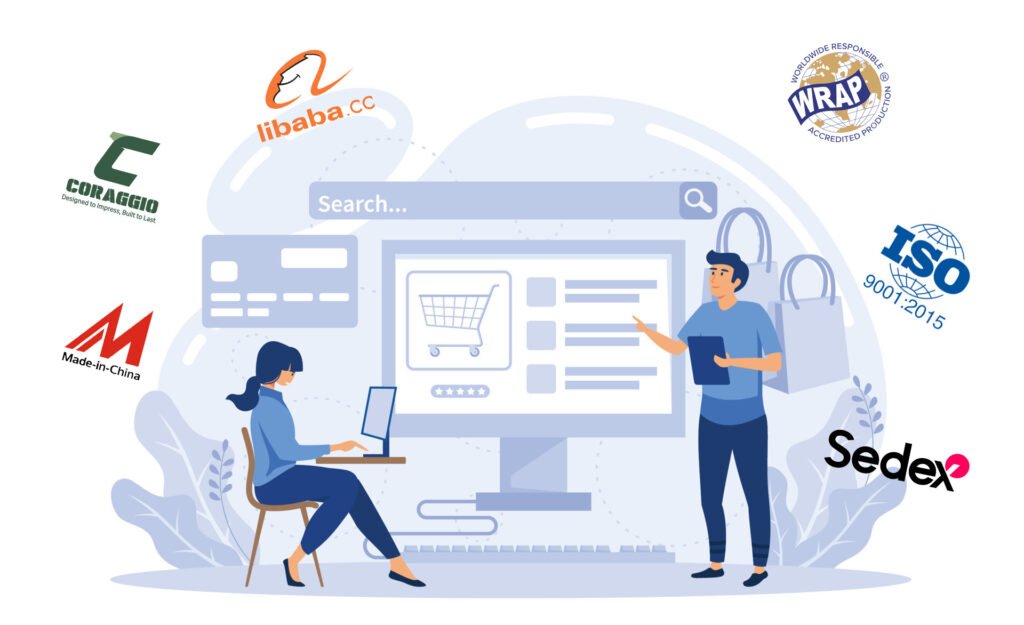
Finding a reliable bag supplier in China can feel like searching for a needle in a haystack. Still, you can make this task much more manageable with the right approach and resources. Here’s a step-by-step guide to help you find a trustworthy supplier who meets your needs.
1. Define Your Needs Clearly
Before you start your search, it’s crucial to have a clear understanding of what you need. This includes the type of bags you want to source, the materials, the design specifications, and the quantity. A detailed product specification document will help you communicate your requirements effectively to potential suppliers.
2. Leverage Online Platforms
Online B2B platforms like Alibaba, Global Sources, and Made-in-China are excellent starting points. These platforms list thousands of suppliers with product catalogs, company profiles, and customer reviews. Here’s how to use these platforms effectively:
- Search for Specific Products: Use detailed keywords to narrow down your search. For example, instead of searching for “bags,” use terms like “leather handbags” or “custom tote bags.”
- Check Supplier Profiles: Look for suppliers with a Gold Supplier status, verified information, and positive reviews. These indicators suggest a more reliable and established supplier.
- Read Reviews and Ratings: Customer reviews and ratings can provide valuable insights into the supplier’s reliability, product quality, and customer service.
3. Verify Supplier Qualifications
Once you have a list of potential suppliers, the next step is to verify their qualifications. This ensures that the suppliers are legitimate and capable of meeting your requirements.
- Request Certifications: Ask for certifications such as ISO9001 (quality management), WRAP (Worldwide Responsible Accredited Production), or SMETA (Sedex Members Ethical Trade Audit). These certifications indicate that the supplier adheres to industry standards and ethical practices.
- Check Business Licenses: Ensure that the supplier has a valid business license. This can usually be verified through the Chinese government’s official websites or third-party verification services.
4. Go Beyond Price
While cost is an important factor, it shouldn’t be the only consideration. A lower price might come at the expense of quality or reliability. Consider the following factors in addition to price:
- Quality of Materials and Workmanship: Request samples to evaluate the quality of the materials and craftsmanship.
- Production Capacity: Ensure the supplier can handle your order volume and meet your deadlines.
- Customer Service: Assess their responsiveness and willingness to address your concerns. Good communication is crucial for a successful partnership.
5. Conduct Factory Visits
Visiting the factory can provide firsthand insights into the supplier’s operations and capabilities. During your visit, pay attention to:
- Production Facilities: Assess the equipment’s cleanliness, organization, and modernity.
- Workforce: Observe the number of workers and their working conditions.
- Quality Control Processes: Ask about their quality control procedures and how they handle defects or production issues.
6. Use Sourcing Agents
If you’re new to sourcing from China or the process seems overwhelming, consider working with a sourcing agent. Sourcing agents have local knowledge and expertise, and they can help you find reliable suppliers, negotiate better terms, and handle logistics.
- Benefits of Sourcing Agents: They can save you time and effort by pre-vetting suppliers, managing communications, and conducting factory inspections on your behalf.
- Choosing a Sourcing Agent: Look for agents with good reviews, experience in your product category, and transparent fee structures.
7. Utilize Trade Shows and Markets
Trade shows and markets are great places to meet suppliers in person and see their products firsthand. The Canton Fair and Yiwu Market are two of China’s largest and most well-known trade fairs.
- The Canton Fair:Held twice a year in Guangzhou, features many products, including bags and accessories. It’s a great place to network and find potential suppliers.
- Yiwu Market: Known as the world’s largest wholesale market, Yiwu offers various goods, including bags. It’s ideal for finding suppliers with lower minimum order quantities.
8. Network and Leverage Industry Connections
Sometimes, the best recommendations come from within your industry network. Reaching out to other businesses, industry associations, or online forums can provide valuable insights and advice on reliable suppliers. Here’s how you can use various platforms to enhance your search:

LinkedIn is a powerful tool for networking and finding suppliers. Here’s how to leverage LinkedIn effectively:
- Join Industry Groups: Participate in LinkedIn groups related to sourcing, manufacturing, and your specific industry. These groups often have professionals who can provide recommendations and share their experiences.
- Connect with Industry Experts: Build connections with industry experts and professionals with experience sourcing from China. They can offer valuable advice and introductions to reliable suppliers.
- Use LinkedIn Search: Utilize LinkedIn’s search function to find suppliers. Search for terms like “bag manufacturer in China” or “bag supplier” and review the profiles of companies and individuals.
Google Ads

Google Ads can help you discover suppliers by targeting specific keywords related to your sourcing needs. Here’s how to use Google Ads effectively:
- Search for Keywords: Use keywords like “China bag suppliers,” “bag manufacturers,” or “wholesale bag suppliers” to find ads from suppliers. These ads often lead to the supplier’s website, where you can gather more information.
- Evaluate Ads: Attention the ads at the top of the search results. These suppliers invest in advertising, which indicates a serious and established business.
- Contact Suppliers: Visit the suppliers’ websites through Google Ads and contact them directly to inquire about their products and services.
Facebook is another valuable platform for finding suppliers and networking within your industry. Here’s how to use Facebook to your advantage:
- Join Facebook Groups: Many Facebook groups are dedicated to sourcing and manufacturing. Join “Global Sourcing Network” or “China Sourcing and Manufacturing” groups to connect with other buyers and suppliers.
- Follow Industry Pages: Follow pages and profiles of industry leaders, sourcing experts, and trade organizations. These pages often share helpful content and supplier recommendations.
- Use Facebook Marketplace: Explore it for suppliers who advertise their products there. It’s a less conventional method but can yield surprising results.
Industry Associations and Online Forums

In addition to social media platforms, industry associations and online forums are excellent resources for networking and finding reliable suppliers.
- Industry Associations: Joining industry associations can provide access to exclusive resources, directories, and networking opportunities. Associations often host events and webinars where you can meet potential suppliers.
- Online Forums and Groups: Participate in forums like Reddit’s r/sourcing or specialized forums for your industry. These communities are rich with shared experiences and can offer firsthand recommendations.
Finding a reliable bag supplier in China requires research, verification, and due diligence. By defining your needs, leveraging online platforms, verifying qualifications, considering factors beyond price, conducting factory visits, using sourcing agents, attending trade shows, and networking within your industry, you can identify and partner with a supplier that meets your quality and business requirements. Remember, the effort you put into finding a reliable supplier will pay off in the long run with better product quality, smoother operations, and a more robust supply chain.
Recommendation for Coraggio's Bags
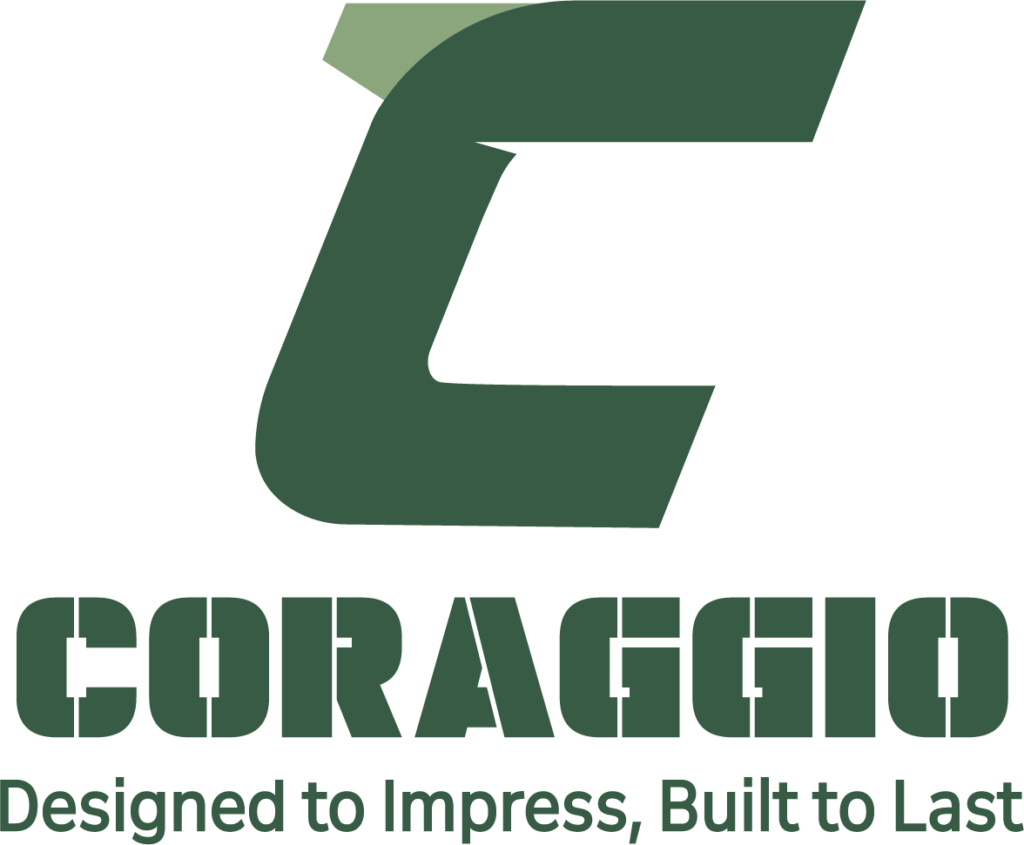
Before I wrap this up, I want to thank Coraggio’s Bags. If you’re in the market for high-quality bags, Coraggio’s Bags is a top-notch choice. This industry-trade company blends the best of both worlds, offering an extensive product range sourced from multiple reputable manufacturers, combined with a trader’s flexibility and customer service. Whether you are looking for stylish handbags, durable backpacks, or eco-friendly totes, they’ve got you covered.
Coraggio’s Bags provides competitive pricing with flexible minimum order quantities, making them ideal for small and large businesses. Their streamlined communication and logistics mean you don’t have to worry about international shipping and customs complexities. Plus, they have rigorous quality control measures to ensure consistent, high-quality products. Their personalized service and ongoing support demonstrate their commitment to being a long-term partner in your business growth.
Conclusion:
So, should you go with a manufacturer or a trader in China? It depends on your specific needs. Manufacturers can offer lower costs and direct production but usually require larger orders. Traders provide more flexibility and accessible communication, though often at higher prices. Take your time to understand your needs, thoroughly research your options, and you’ll build a reliable and efficient supply chain for your bag business. If you’re looking for a trustworthy partner that combines the best of both worlds, Coraggio’s Bags is an excellent choice. Good luck with your sourcing journey!
